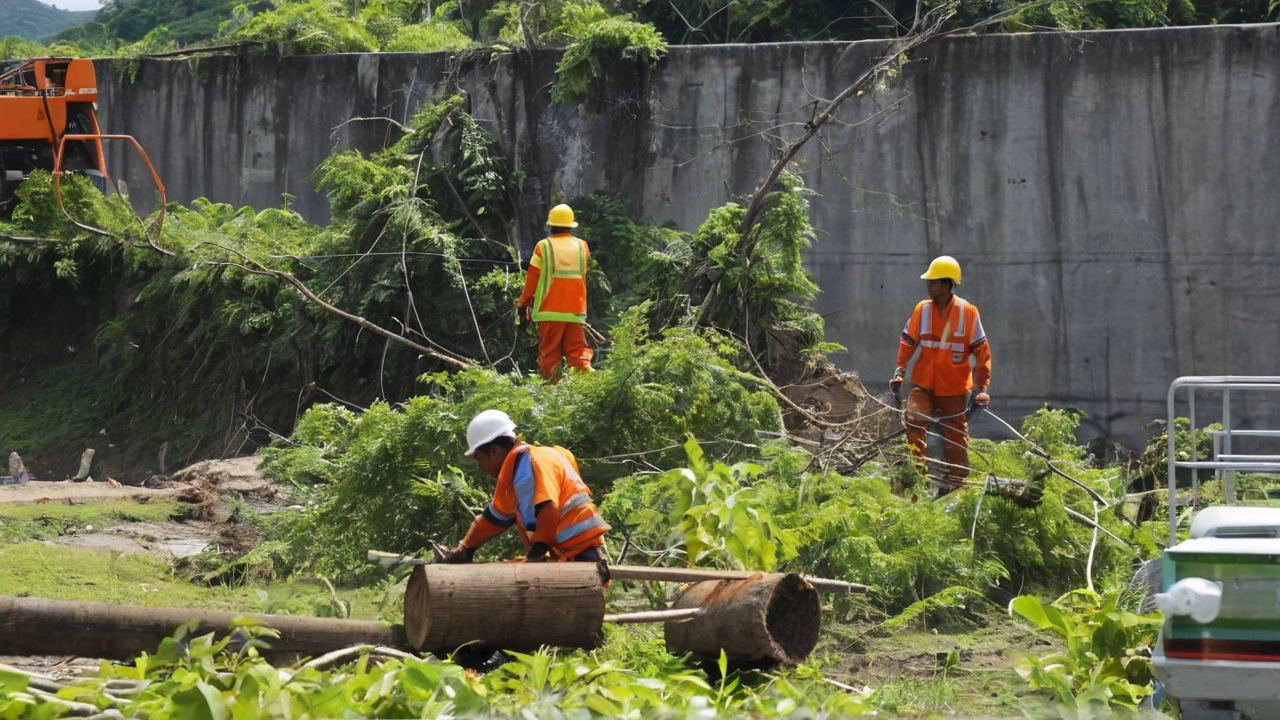Environmental Impact of Pharmaceuticals – Quick Guide
Every time you finish a bottle of pills or spray a cream, a tiny piece of that medicine ends up in the environment. It sounds odd, but the chemicals can slip into water, soil, and even the air we breathe. Below we break down why this matters and what you can do right now to keep your meds from hurting the planet.
Why meds matter to the planet
Pharmaceuticals aren’t designed to disappear after use. When you flush a bottle or toss leftovers in the trash, the active ingredients travel through sewage systems and can show up in rivers. Studies have found traces of antidepressants, antibiotics, and hormone pills in fish and wildlife, affecting growth and behavior. Even everyday items like ibuprofen (found in many of our posts about Motrin or Wellbutrin) can change the balance of ecosystems.
Online pharmacies listed on our site – whether you’re buying Wellbutrin, Yasmin, or a thyroid supplement – often ship in plastic packaging that adds to landfill waste. The more we order, the more boxes, bubble wrap, and plastic bags we create. It’s a small thing that adds up quickly.
How you can lower the impact
First, keep only what you need. If you get a prescription for a month’s supply, don’t ask for a six‑month pack unless you’re sure you’ll finish it. Extra pills usually become waste.
Second, use the take‑back programs most pharmacies offer. Many places let you drop unused meds in a special bin – they’re then destroyed safely instead of hitting the sewer.
Third, choose greener shipping when you order online. Look for retailers that use recyclable packaging or carbon‑neutral delivery. Some of the guides on our site, like the EU‑Medstore review, mention which services pack responsibly.
Lastly, store meds properly. Heat and light can break down drugs faster, causing more chemicals to leak when you finally throw them out. Keep bottles in a cool, dry spot and follow the expiry dates.
By paying attention to how you buy, store, and dispose of medicines, you can cut down on drug pollution without changing your health routine. Small habits add up, and the planet thanks you for it.
Controversy Erupts Over Tree Cutting for Samal-Davao Bridge Project
The Department of Public Works and Highways (DPWH) is under fire for cutting around 200 trees without an official permit for the Samal-Davao Bridge Project, sparking environmental concerns among local communities and activists. Despite the potential economic benefits of the project, the incident has fueled a heated debate over balancing infrastructure development with environmental conservation.

